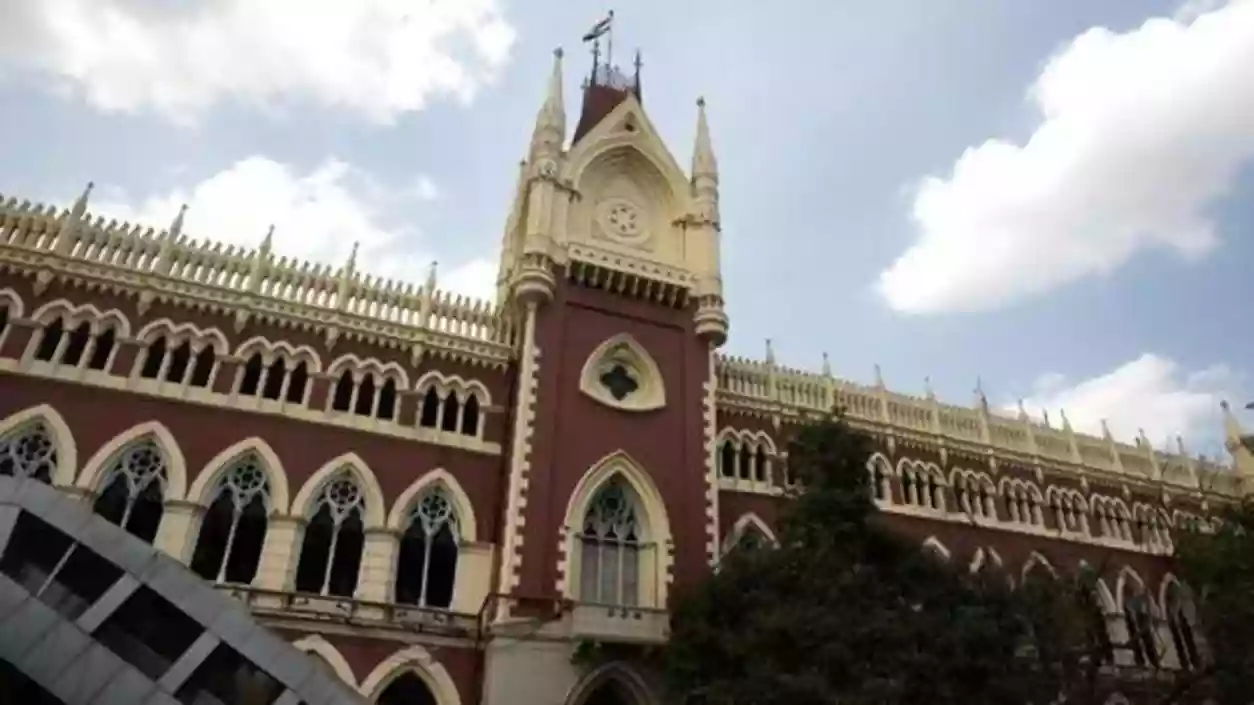Mamata Banerjee, Omar Abdullah to hold high-stakes meet at Nabanna on July 10
.gif)
.gif)

The West Bengal government and the School Service Commission (SSC) have filed an appeal before the division bench of the Calcutta High Court against a single bench order that barred disqualified or ‘tainted’ candidates from participating in the fresh teacher recruitment process. The appeal was admitted by the division bench led by Justice Soumen Sen. The hearing is likely to be held on Wednesday.
On Monday, Justice Saugata Bhattacharyya ordered that any candidate previously identified as disqualified or tainted in the 2016 SSC panel must not be allowed to apply under the new recruitment notification issued by SSC on May 30. The order came in response to a petition challenging the legality of the SSC’s 2025 notification, which advertised nearly 44,000 vacancies across teaching and non-teaching posts.
The petitioners argued that the Supreme Court’s earlier verdict, which cancelled 25,735 jobs from the 2016 SSC panel due to recruitment irregularities, had laid down specific conditions. According to them, the new recruitment process should follow the rules of 2016 and include only eligible candidates from the 2016 list. They also pointed out that provisions such as age relaxation had not been handled in accordance with the Supreme Court’s directions.
During the hearing, SSC and the state submitted that the Supreme Court did not explicitly mention that disqualified or tainted candidates could not reapply in a fresh recruitment process. They contended that the punishment—termination of employment and salary recovery—had already been imposed, and barring those individuals from applying again would amount to punishing them twice for the same offence. However, the court rejected this argument.
Justice Bhattacharyya stated that such a stance from the Commission was not expected and maintained that only candidates identified as disqualified or tainted must be excluded from the current recruitment cycle. Following the verdict, the state and SSC filed a fresh plea before the division bench, challenging the single bench’s decision and seeking reconsideration.